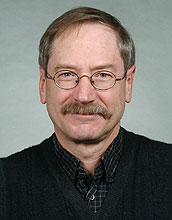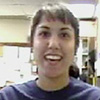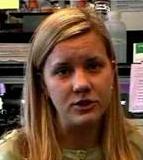| P. s. pv. tomato DC3000 | P. s. pv.phaseolicola 1448A | |||
|
Meet the Scientists |
||||
|
Additional Resources: Student
Resources |
Glossary
of Terms (for CAPITALIZED words) |
|
|||||||||




